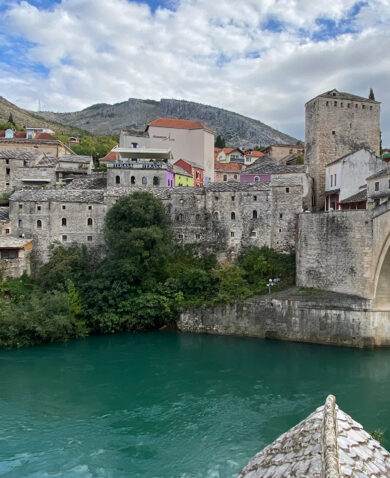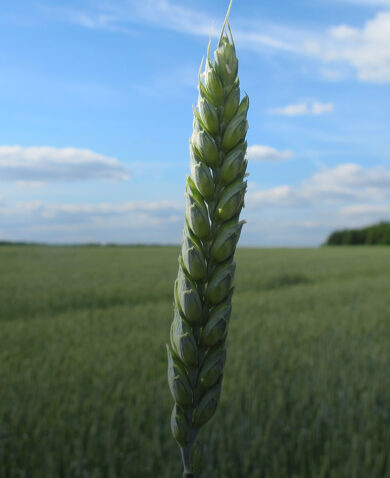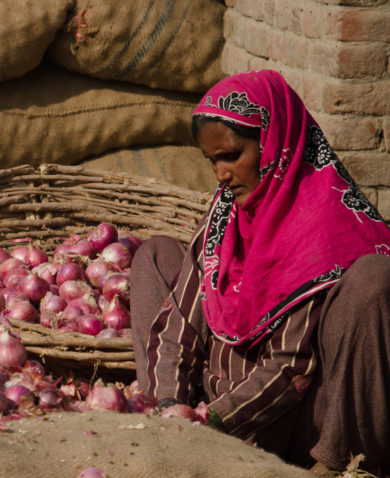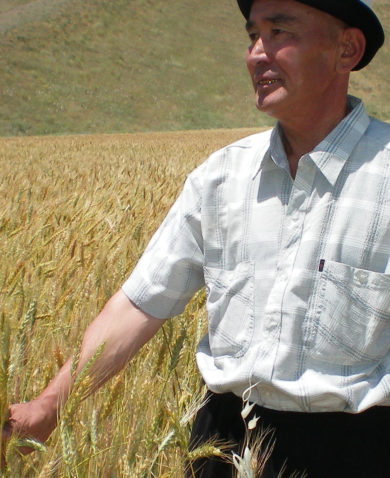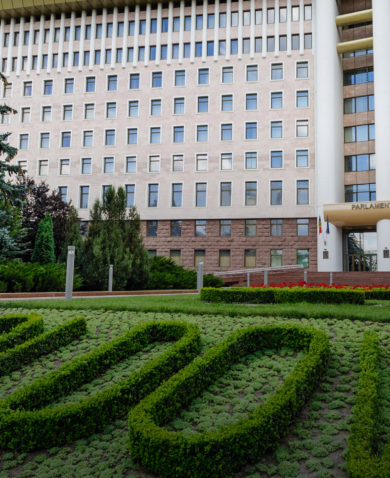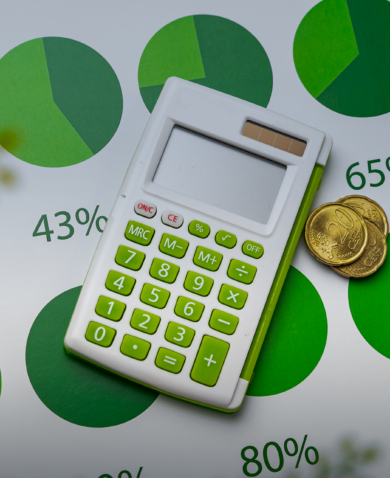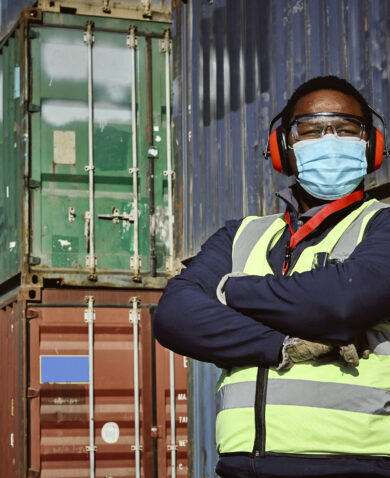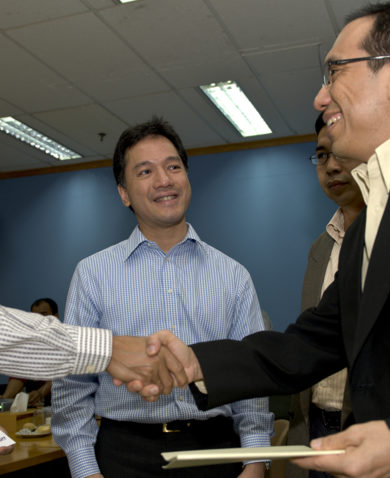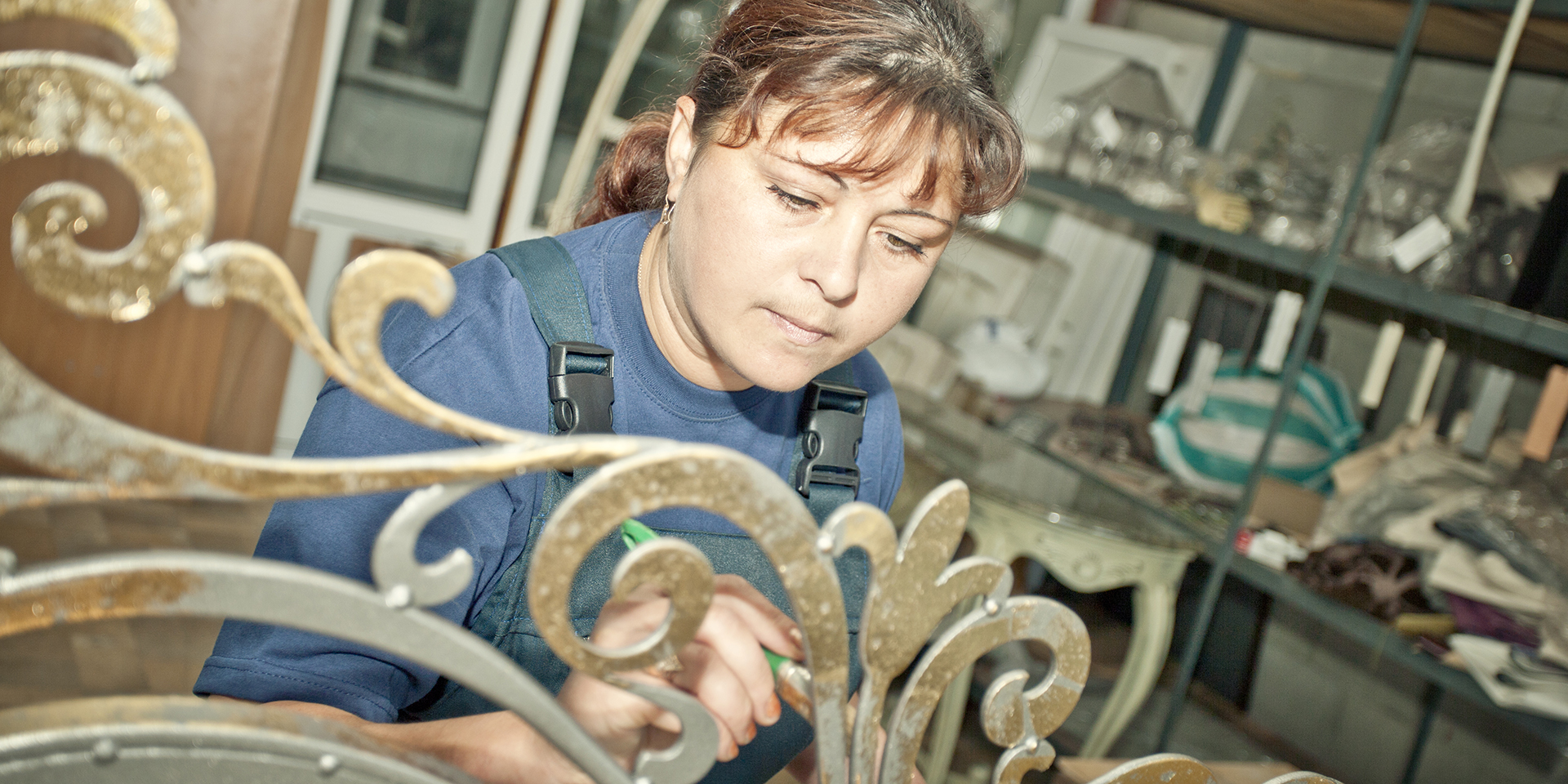
Why Customs Processes Matter to Moldova
September 29, 2015 | 2 Minute ReadMoldova has attained only a paltry fraction of the GDP it could generate if more streamlined and EU-compliant customs regulations were in place.
As a landlocked country of about 3.6 million, nestled between European Union (EU)-member Romania and Ukraine, Moldova has struggled economically.
Since gaining its independence in 1991, Moldova’s gross domestic product (GDP) has actually declined from Soviet-era levels. Part of the reason is that the government has hampered Moldovan export sales with prohibitive customs requirements that are time-consuming, unduly complicated, and unnavigable to businesses.
As is the case in other developing countries, the government of Moldova considers its customs service to be a primary revenue generator, and the revenue the government collects from customs fees actually exceeds the revenue collected by Moldova’s tax service. But as a result of the government’s approach to regulating business, Moldova has attained only a paltry fraction of the GDP it could generate if more streamlined and EU-compliant customs regulations were in place.
Last year, Moldova deepened its alignment with the EU by signing an association agreement that includes the creation of a Deep and Comprehensive Free Trade Area (DCFTA). The agreement has legally binding commitments to change in areas of business enabling environment, specifically with regard to Moldova’s tax and customs policies and operations.
With assistance from the USAID Business Regulatory, Investment, and Trade Environment (BRITE) project, implemented by Chemonics, Moldova has overcome several of their most inhibitive trade bottlenecks, and launched an ongoing process of incorporating lessons learned from other former Soviet states that have successfully transitioned to EU economic alignment.
BRITE recently worked with the Head of Lithuania’s Tariff Division and Lithuania’s Chief Valuations Inspector to guide the Moldovan Customs Service (MCS) in becoming more streamlined and EU-compliant. Lithuania’s Tariff Division head, an expert on the Integrated Tariff of the European Communities (TARIC), assisted the MCS to reform its own integrated tariff to be compliant with the TARIC. This will substantially increase the efficiency of conducting trade by providing a single, legal source of information on trade requirements to be used by importing or exporting businesses.
The result? An easing of administrative burdens placed on businesses in Moldova and increased economic cooperation with EU member states.
The Lithuanian Chief Valuations Inspector working on the BRITE project also contributed to an improved business enabling environment by fostering closer coordination between the MCS and business associations and trade groups in Moldova. Currently in Moldova, the MCS determines valuations of goods in isolation of the business community, and the amounts of duties and fees collected therefore seldom correspond to the actual invoice value of the goods. In developed countries, by contrast, customs work closely with business associations to determine the value of certain goods. Through BRITE’s assistance, the MCS is bridging this gap by introducing a valuation database developed by the United Nations Conference on Trade and Development (UNCTAD) that will set price ranges for selected goods, in tandem with increased public-private sector dialogue. Through these measures, not only will Moldova accumulate increased trade revenue, but the customs processes will be substantially simpler and less time-consuming, which could bring about increased trade volumes and a higher GDP.
BRITE’s crowning achievement in optimizing customs processes has been the MCS’s recently enacted mandate to slash the number of documents required for import and export clearance from eleven to three. This is expected to significantly alleviate the administrative burden on imports and exports, thus increasing cross-border trade. Though much progress remains to be made, Moldova is slowly but surely optimizing its business enabling environment.
For more information on the BRITE project, please see our Facebook page.







